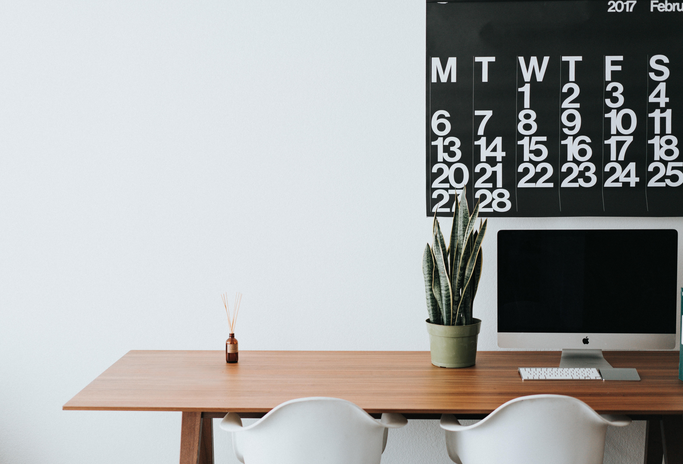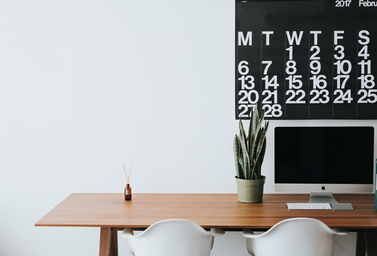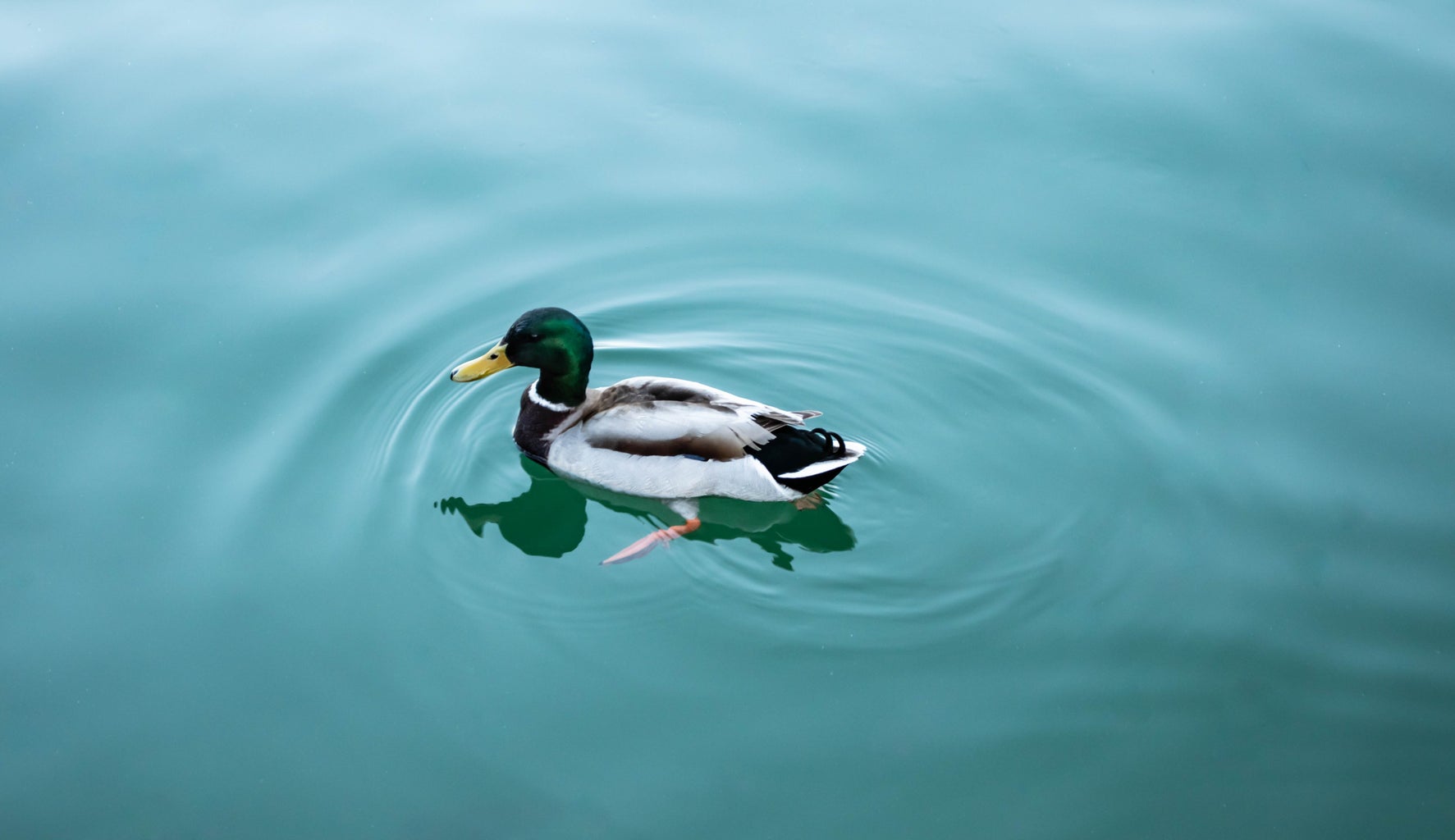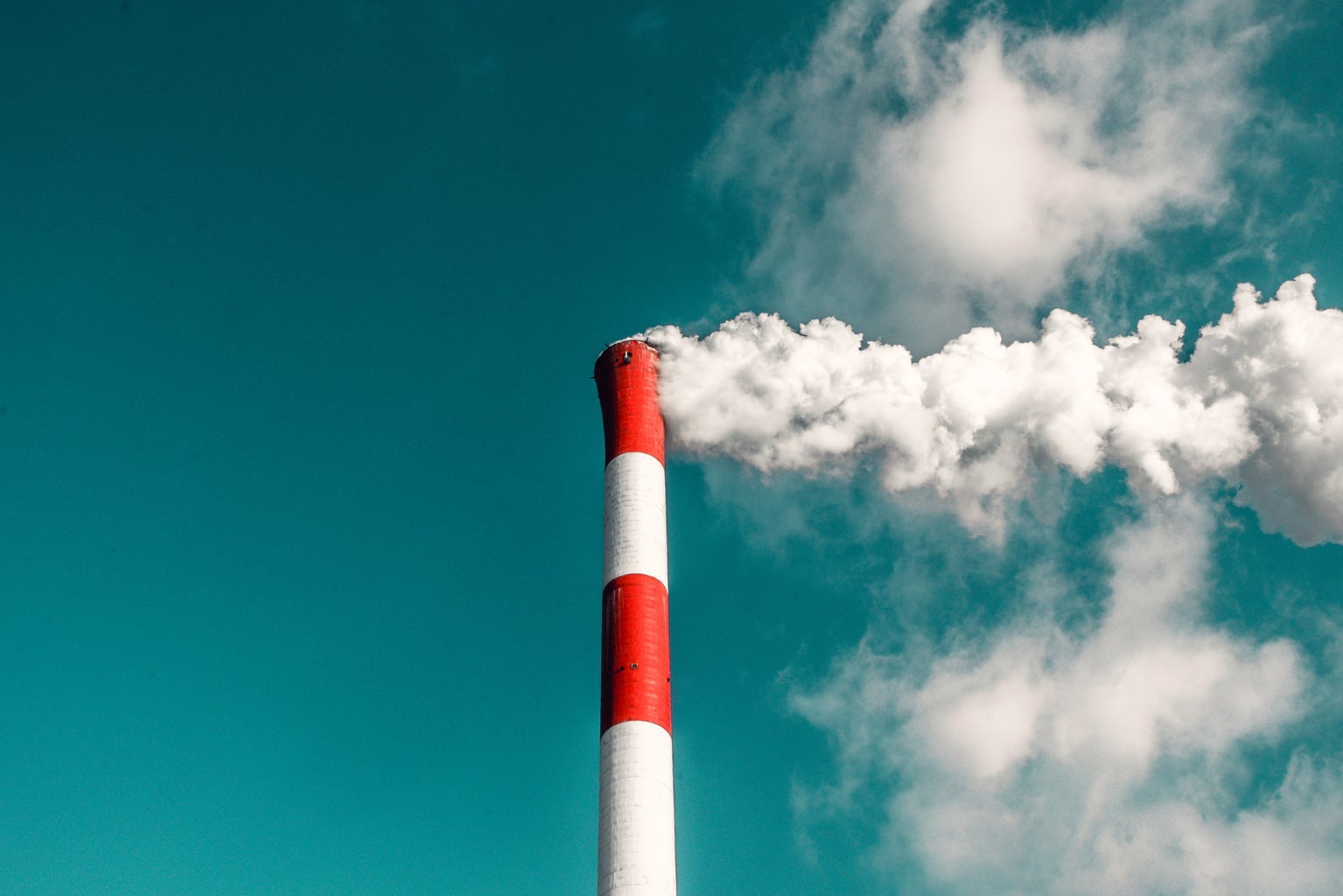“We were never meant to live life accumulating stuff. We were meant to live simply enjoying the experiences of life, the people of life, and the journey of life – not the things of life.”
Joshua Becker, Simplify
Consequences of Waste: Impact on Humans, Environment, and Animals
It comes as no surprise that North America generates an astounding, yet quantifiable, volume of human-generated waste. This waste is then directed to one of two destinations. It either languishes in landfills for a substantial duration of time, potentially taking decades to decompose, or it is whisked off to developing nations such as Malaysia. In these countries, individuals striving to earn a living and support their families, such as a 60-year old Vietnamese mother of seven, earn just $6.50 a day to sift through it. In 2018, Canada alone produced a staggering 35.6 million tonnes of waste, with 25.7 million tons being dispatched to landfills. The detrimental consequences of this waste inflict harm on all spectrums of life: the environment, animal ecosystems, as well as the very humans who generate it.
First and foremost, waste deposited in landfills produces methane, a potent greenhouse gas. Open landfills account for a significant portion, namely 91%, of all landfill emissions. Additionally, the burning of substantial waste volumes, a prevalent waste management practice constituting 40% of all waste disposal, releases alarming levels of another greenhouse gas, Carbon Dioxide. These greenhouse gases stand as the primary contributors to global warming, or better said, global “heating.”
Next, waste that finds its way into the ocean is often ingested by organisms incapable of digesting these materials in their stomachs, leading to choking and other fatal outcomes, such as death.
Finally, the prolonged environmental effects resulting from the climate crisis can cause humans to develop various health issues, illnesses and diseases, including (but not limited to) asthma, birth defects, cancer, cardiovascular disease, low birth rate, and preterm delivery.
Causes of Waste: Overconsumption and Materialism
The waste issue can be attributed to various causes, but I believe the most decisive factors are overconsumption and hyper-consumerism. Overconsumption occurs when an ecosystem can no longer sustain the use of its resources. Hyperconsumerism, synonymous with materialism, represents excessive consumption of products beyond our basic needs. This excessive consumption leads to overconsumption.
Marketing inundates (or force-feeds) us with the notion that buying and consuming are essential for happiness. However, as we will later discover through the insights of two minimalist influencers, this isn’t necessarily the case. Scientific evidence also supports the idea that buying less can actually lead to greater happiness, a topic we will now explore further.
Finally, what is minimalism?
In the realm of emerging lifestyle choices, minimalism stands as a dark contrast to the principles of a consumption-driven capitalist society. The Minimalist Vegan, an online hub dedicated to profound insights on minimalism, veganism, and sustainable living, defines the minimalist lifestyle as “the process of identifying what is essential in your life and having the courage to eliminate the rest.” This essence of minimalist living is a resolute challenge to the prevailing culture of consumerism, advocating for simplicity and a departure from the pursuit of material possessions as sources of gratification and happiness.
Why Minimalism? Because it Can Make You Happier
In a comprehensive study led by Professor Helm from the University of Arizona, two distinct categories of pro-environmental behaviours were examined. The first category focused on reduced consumption, aligned with the previously established definition of minimalism. This catagory encompassed actions such as opting for repairs over replacements and avoiding impulsive or unnecessary purchases. The second category involved green buying, where participants purchased products designed to minimise environmental impacts, often made from recycled materials.
The results found that participants with fewer materialistic values demonstrated a higher inclination towards reduced consumption than their counterparts. Furthermore, embracing reduced consumption was linked to greater personal well-being and reduced psychological stress. Additionally, individuals with lower materialism scores exhibited more proactive financial behaviours, which were associated with higher overall life and financial satisfaction.
Professor Helm neatly encapsulated the essence of these findings with the following quote: “If you have a lot of stuff, you have a lot on your mind. Maybe you have a lot of debt, and now you have to manage all that stuff. It requires maintenance and being organised. It’s not like you buy it and you’re done with it. There’s a lot of that burden with ownership, and if you relieve yourself of that burden of ownership, most people report feeling a lot better and freer.”
Minimalism Also Helps the Environment
45% of a product’s total carbon emissions are generated upwards in the supply chain, originally from the sourcing of raw materials used in its production. In addition, the production and use of household goods and services is responsible for 60% of global greenhouse gas emissions.
By choosing a minimalist approach and reducing our consumption, we ultimately contribute to resource conservation during the production of the goods and services we use, therefore benefiting the environment.
Minimalist Influencers and their Journeys: Matt D’Avella and the Minimal Mom
Here’s what Matt D’Avella, a documentary filmmaker, entrepreneur, and minimalist Youtuber, had to share about his minimalist story in his video, “Why I Became a Minimalist”:
“… This idea, minimalism, resonated with me. My entire life, I thought that there was only this one path to follow. You go to college, you graduate, you get an entry-level job, you work your way up that ladder, you earn more money, you buy nice things, and then… you just keep doing that? … But here I was presented with another path, and it felt right…I didn’t have to wait until this imagined future to be happy, I could choose to be happy right here in the moment. Because I had everything I needed.”
“When I imagined what success would look like to me in the future, it was no longer a big house, a nice car… I saw me doing the work I loved.”
“Sometimes all it takes is an idea, whether it be on late-night TV or otherwise, to completely change your future.”
Dawn (who goes by the Minimal Mom), a minimalist Youtuber and blogger and a mom of four, offers valuable insight to individuals and families interested in a minimal lifestyle in her Youtube video “Why I became a Minimalist – My Aha Moment”:
“I was working on my blog, listening to a podcast in the background… It was The Simple Show, and who would be on the show other than Joshua Becker… and I’m like oh my goodness, you’re saying that we actually don’t have to have all of this stuff? And we would still be okay and we’d be happy?… That’s the answer!”
“I started my blog, the Minimal mom, a year after that.. I know this [minimalism] looks different for everyone, there’s a different trigger for everyone, a different aha moment, a different motivation.”
“The kids were happier. I felt like I was doing a better job as a parent… It just felt like win-win-win… I couldn’t imagine living any other way now… It had a trickle-down effect on every other area of our life.”
“I remember thinking… I can’t. Where would I even start? It would take too long… It took a little bit over a year… [I] tried to do a bit everyday… Looking back, I think that’s the best way to go about it… Don’t discount the process.”
“Don’t not start because you’re worried about how long it will take.”






